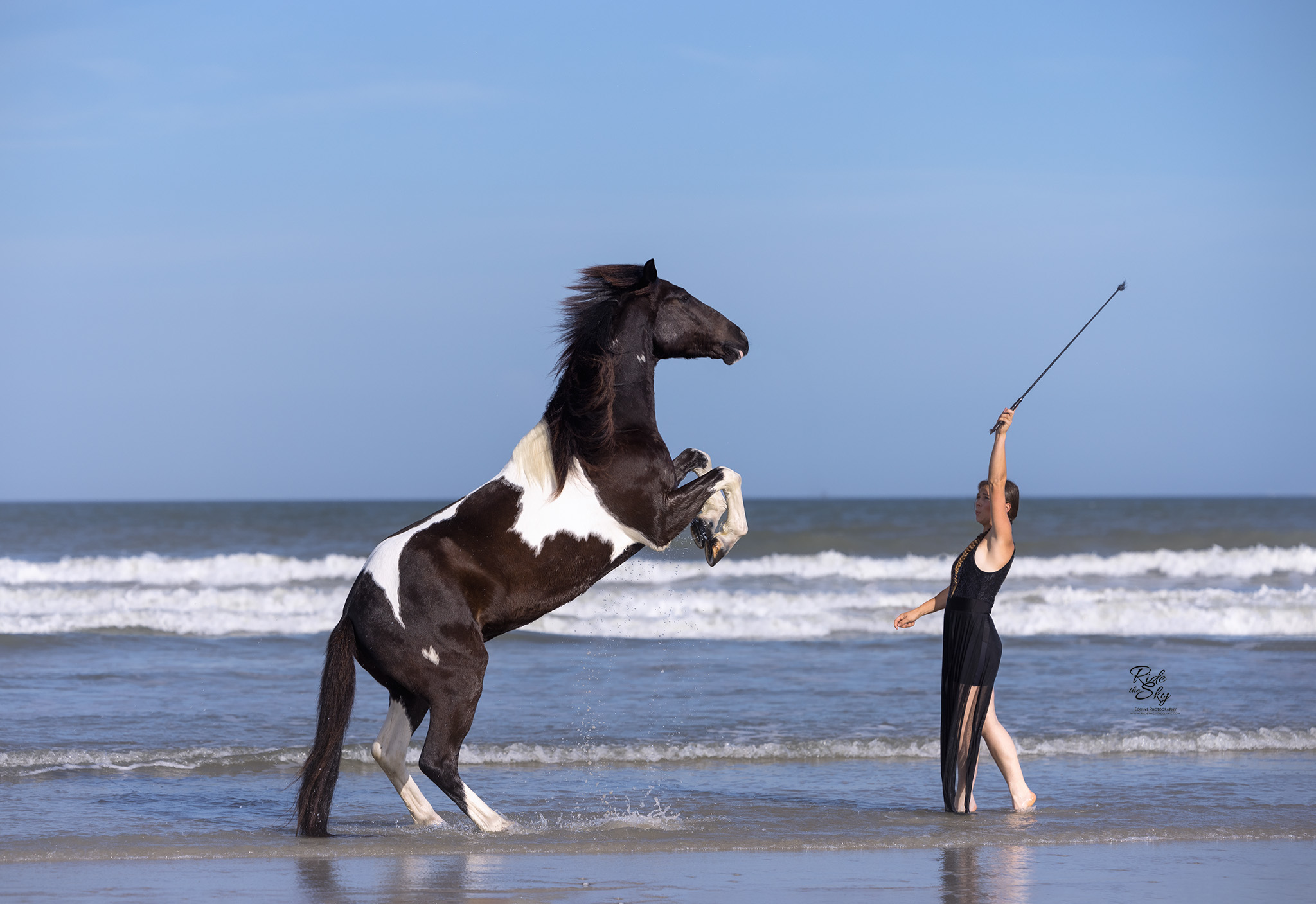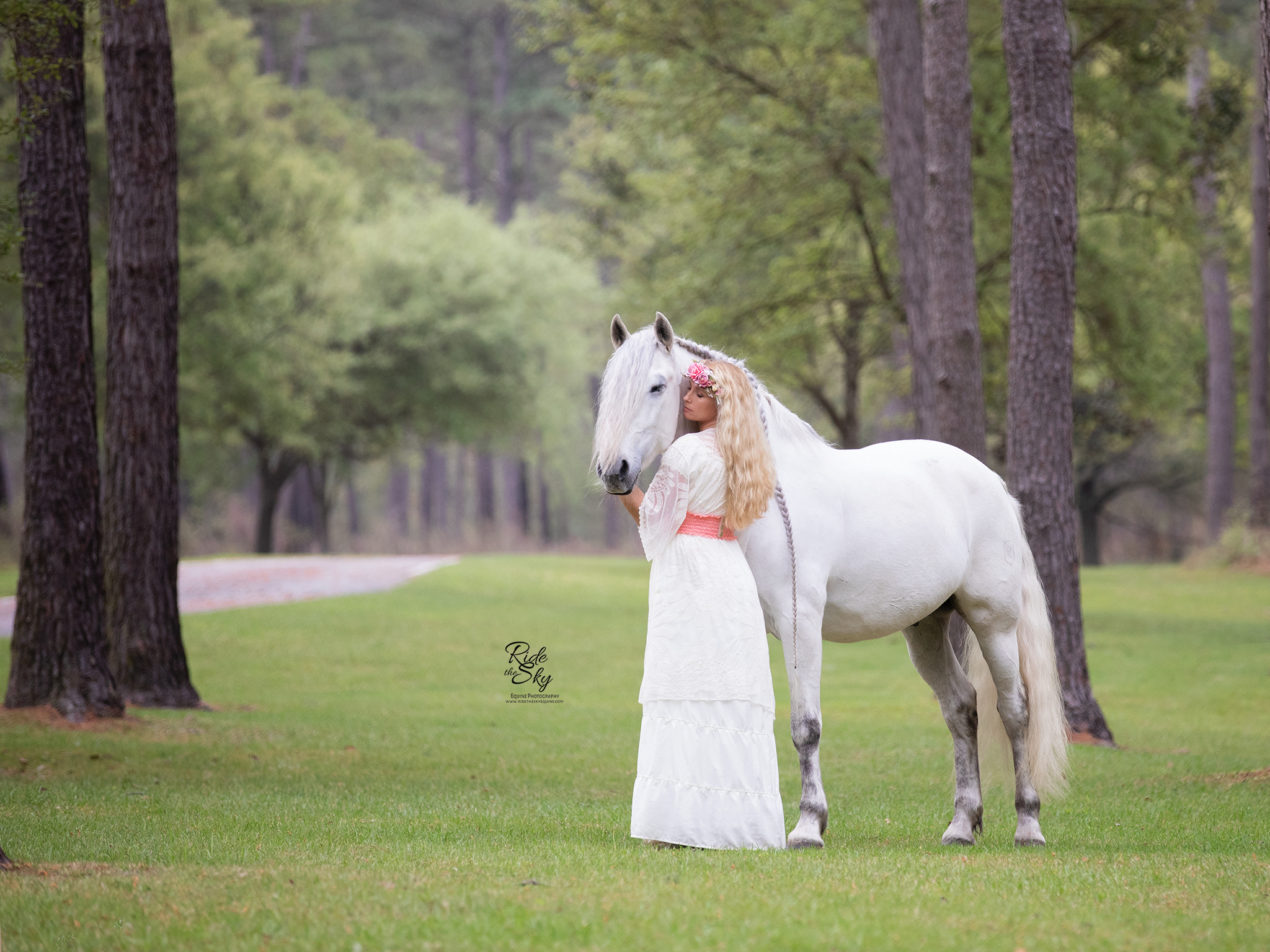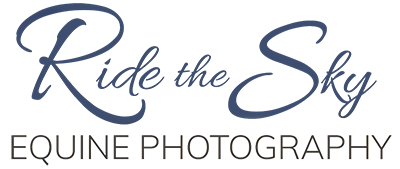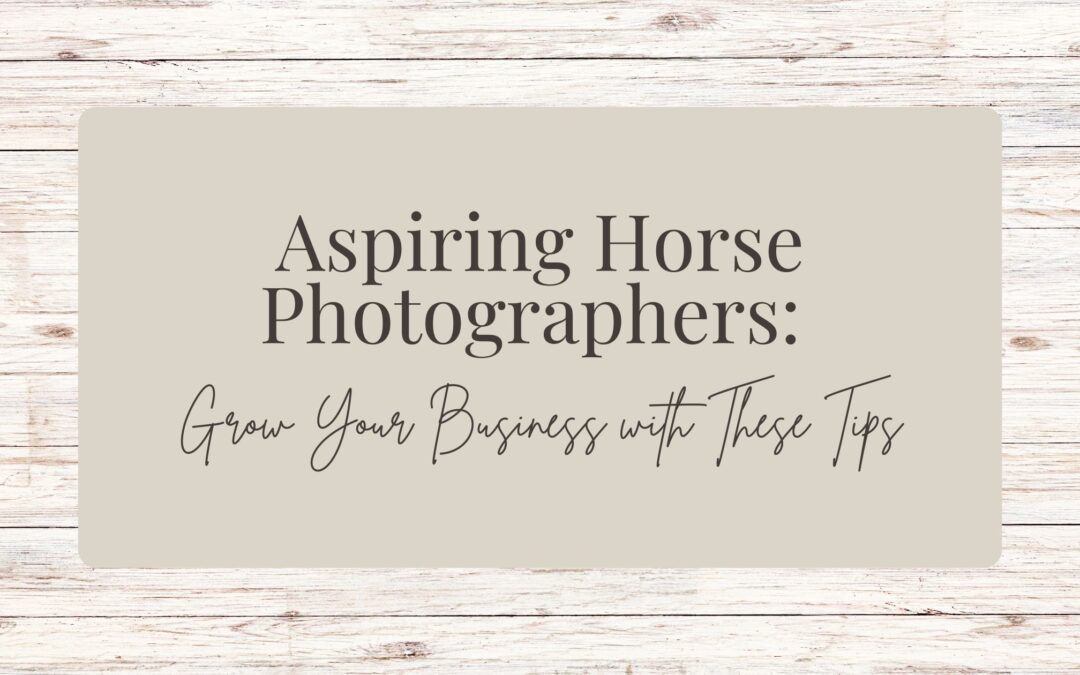Starting Your Horse Photography Business the Right Way
So, you’re an aspiring horse photographer and have decided to turn your passion for horses and photography into a business? If you are starting this journey thinking that it’s all about photographing the pretty ponies, guess again. Nope. Not today, not tomorrow, not ever. Running a horse photography business takes grit, strategy, and a whole lot of learning.
Let’s dig into the essentials to get you started.
It’s a Horse Photography Business First and Foremost
This can be shocking to learn when you are an aspiring horse photographer but here’s the deal: only 10–20% of your time involves actual photography. The remaining 80–90%? All business, all the time.
Emails, bookkeeping, client communication, and marketing will dominate your calendar. If you’re not ready for that reality, this might not be your dream gig after all.
First things first, make it legal:
- Hire a tax attorney and accountant. Trust me, the IRS doesn’t do “grace periods.”
- Carry liability insurance. Horses are majestic, but they’re also unpredictable. Protect yourself, your clients, and your equipment.
- Use equine-specific contracts. They’ll cover your business and help set expectations.
Skipping these steps? Cool, cool, cool…except no. A solid legal foundation sets you up for long-term success.
Find a Mentor and Build a Network
If I could turn back time, I’d get a mentor right away. Seriously, zero stars for figuring it all out on my own. A mentor can provide guidance on everything from pricing your services, navigating the industry, marketing strategies, and avoiding common pitfalls.
Just because you are running a horse photography business doesn’t mean that the mentors you work with must be horse photographers though, I have had many mentors throughout my years as a photographer and business owner and only one of them was a horse photographer.
And, it is not uncommon to have a few different mentors that offer different skill sets.
For example, if you have no clue about marketing strategies, you might want to pick a mentor who can help you with that. I frequently mentor photographers from a lot of different genres – including boudoir photographers and family photographers.

Invest in Quality Gear and Education
Your camera should feel like an extension of your creativity. Invest in lenses that suit equine photography—longer focal lengths are perfect for capturing motion and detail. But don’t stop at the gear.
Take workshops, attend conferences, and dive into classes, both online and in person. Learn from experts in all kinds of genres, not just equine photography. The more you know, the more confident you’ll feel behind the camera. Education isn’t just an investment in your skills; it’s an investment in your business.
Look Outside Equine Photography for Inspiration
Here’s a little secret: most of my inspiration doesn’t come from other horse photographers. Shocking, I know.
There are only a handful I follow online. Instead, I pull ideas from photographers in completely different genres. From wedding photographers to food stylists, their creative approaches and unique perspectives often spark ideas I can adapt to equine photography.
Step outside your niche and take classes in genres you’d never consider photographing. You might surprise yourself with how much you learn—and how those new skills elevate your work.
Join a Local or State Photography Guild
Don’t underestimate the power of professional organizations. Joining a local or state photography guild can provide invaluable education, resources, and connections. Most states have several of these organizations.
For example, here in Tennessee, we have several options, including:
- Professional Photographers of East Tennessee (PPETN)
- Professional Photographers of Middle Tennessee (PPMT)
- Tennessee Professional Photographers of America (TNPPA)
These guilds go beyond camera clubs. While they offer all the “flash”, they also offer business classes, workshops, and programs tailored to the realities of running a photography business.
Whether you’re just starting out as an aspiring horse photographer or looking to grow your horse photography business, these organizations can help you to fast-track your success.
And, as an added bonus, they can help you network with photographers throughout your state. Networking with photographers in different genres is as valuable as networking with equine photographers.
Their insights and techniques can broaden your skillset and give you fresh perspectives. And, trust me, you never know when you are going to need to borrow a lens or a reflector because a horse broke yours…(Ask me how I know…)!
Just remember: never, EVER badmouth another photographer. The photography industry is small, and your reputation will follow you everywhere.

Photograph What You Love
Passion fuels creativity, and creativity attracts clients.
Whether it’s liberty sessions, barrel racing action shots, wild mustangs, or black background portraits, focus on what excites you. When you’re genuinely passionate, it shows in your work—and clients take notice.
The equine industry has so many subgenres it is perfectly normal for horse photographers to only photograph certain things. There are equine photographers who specialize in equine events and ones who even specialize in specific events, like only cutting horse events or only rodeos. There are ones who only photograph portraits, or even just wild horses. So pick what you love to do and go for it.
Final Thoughts: Building a Sustainable Horse Photography Business
So, there you have it, aspiring horse photographers! Starting a horse photography business takes effort, planning, and a willingness to step outside your comfort zone. It’s not just about the pictures; it’s about running a business that delivers value to your clients and keeps them coming back.
Ready to Take The Next Step?
Let’s build something incredible—because the world needs your unique vision in equine photography.
Not ready for mentoring? Join the Ride the Sky Herd and get expert tips sent straight to your inbox. Let’s build something incredible—because the world needs your unique vision in equine photography.
Betsy Bird, Cr. Photog., CPP, of Ride the Sky Equine Photography spends her days doing insane things to make animals look at her. Clearly, she’s desperate for attention. Outside of acting like a total goofball, she invests in growing her business, mentoring photographers, dealing with her teenagers' angst, and hanging with Nitro, the best dog ever. She also tries to spend some time educating and entertaining aspiring photographers by teaching and blogging about whatever catches her fancy at the moment.
Betsy has earned her Photographic Craftsman degree from the Professional Photographers of America (PPA) which honors photographers who contribute to the photographic industry through speaking, mentoring, and publishing. Betsy is also a Certified Professional Photographer (CPP) with PPA. The CPP designation is held by fewer than 2,500 photographers nationwide and is a hallmark of consistency, technical skill, artistry, and professionalism.
Additionally, she serves on the Board of Directors for the Professional Photographers of East Tennessee (PPETN) and the Tennessee Professional Photographers Association (TNPPA). She is also a professional member of the Equine Photographers Network (EPN).
Betsy's award-winning work has been featured in a variety of publications and is found throughout homes and stables in the United States. She is also the co-author of the book, Equine & Equestrian Photography Poses that Sell: The Ultimate Guide to Posing Horses & Humans. She has also been featured on Scenic Trend, the Profitable Photographer Podcast, The Business Animal Podcast, Chatter Magazine, Cowgirls with Cameras Podcast, the Chattanooga Times Free Press, the Chattanoogan, and the Focal Points Podcast to name a few.
Ride the Sky Equine Photography is based in Chattanooga, TN, Ride the Sky Equine Photography works on location in Tennessee, North Georgia, and beyond. With a strong background in entrepreneurship, brand building, goal setting, time management, and business workflows, Betsy is an expert in her field (which isn’t that surprising given how much time she actually spends outstanding in a field...get it?)

